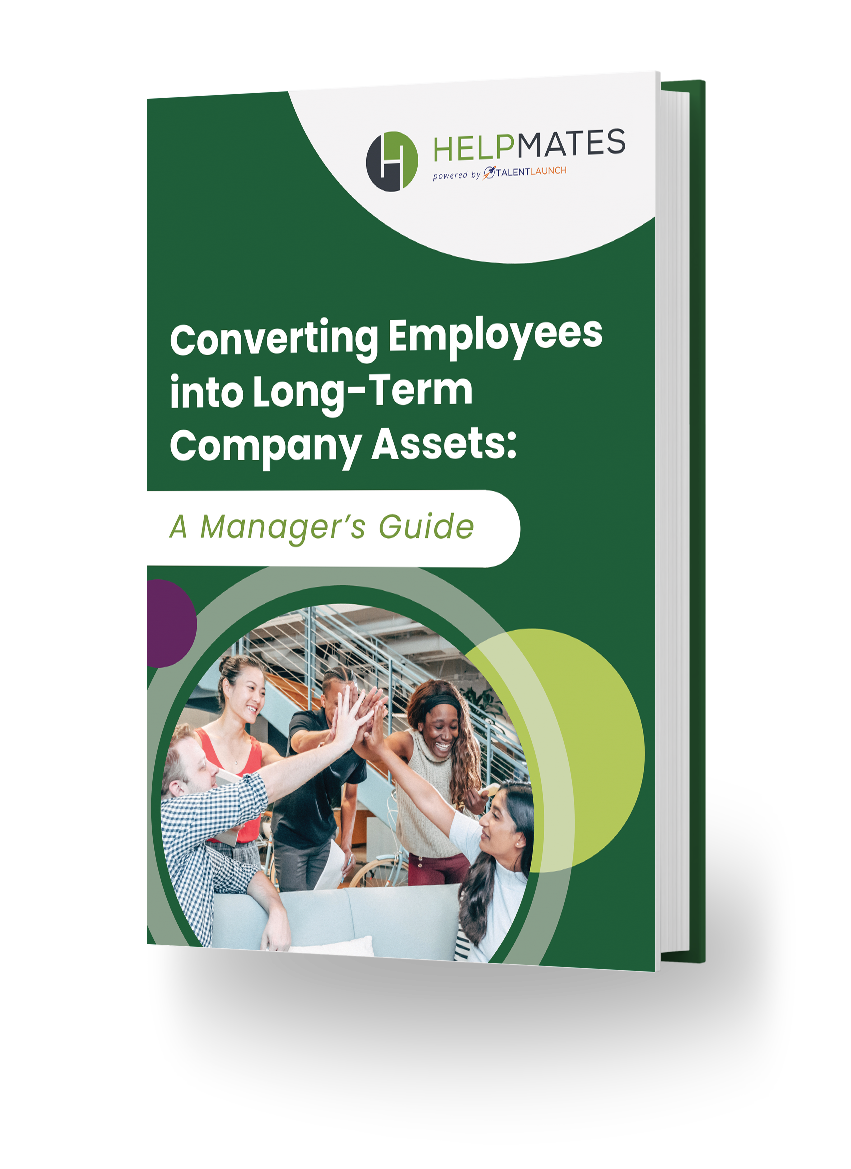As a recruiter or hiring manager, interviewing job candidates is a critical part of your job. If you’re a hiring manager interviewing potential employees for work in your department, your department’s success – as well as your own – relies on you choosing the right individuals for your team. (Not that there’s any pressure, of course!)
If you’ve been interviewing/hiring for any amount of time, you’ve no doubt come across candidates who interview really well. They say all the right things. They come across as terrific team players who can work well on their own. They’re happy to pitch in and do tasks and projects that aren’t quite in their job description. They enjoy having lunch with colleagues but aren’t into gossip and drama.
And then you hire them and, well, they’re not quite who they made themselves out to be.
There’s a way to interview that helps you get a much better understanding of what a candidate is really like and how the candidate truly will interact/fit in with your team. It entails using your emotional intelligence (EI) when interviewing.
Take a look below for tips and strategies on how to use your EI for best results when interviewing candidates.
- Don’t move into the question/answer type of interview until you’ve done a bit of small talk. More than you might think necessary.
Many interviewers jump right into skills and “how would you do” type questions much too quickly. Instead, take your time to ask the candidate a bit about himself. Then segue into topics such as why he decided to apply for the position, what does he know about your organization, what are some of his career goals, even where he is now in his job-search.
Doing so helps you build trust and respect with the candidate. He sees that you’re interested in him beyond his job skills and these more personal interest types of questions can help him feel more at ease with you, allowing him to share more of his real reasons for applying, his future goals and aspirations and even some things he may not normally reveal in an interview (such as how he thinks his former boss was a piece of work).
- Pay attention to a candidate’s body language.
Watch how the candidate reacts to your questions and his body language as he answers them. For example, if you asked a candidate how he dealt with a difficult boss and he says the two of them were able to work out their differences, does his body language indicate he still harbors negative feelings toward his boss; does he still seem unhappy with the individual?
- Watch out for short answers that “sound” good.
“I am calm under pressure.” “I work well with everyone.” These are too vague and could be canned and/or rehearsed. Watch body language (as mentioned above) as you dig deeper. Ask for specific instances of when the candidate was calm in a pressure cooker and ask specifically what he means by “everyone.”
- A big red flag is when a candidate criticizes co-workers and/or supervisors.
It’s especially troublesome if the candidate says the colleague/boss was a witch or know-it-all (and even more troubling if he uses much stronger language to describe the person). A negative experience with a boss/colleague isn’t inherently a bad thing, but watch for how the candidate describes the individual, if he takes responsibility for his part in the negative experience and if he mentions what he’s learned as a result of the experience.
Do you have too many openings to fill and not enough time to interview or screen candidates? Helpmates can help! We can perform screening interviews for you following the criteria you set and then send the top candidates on to you for final interviews. We can also help you design EI questions that will help interviewers ascertain whether a candidate is a good fit for your organization.
Contact the Helpmates branch location nearest you to learn more.







